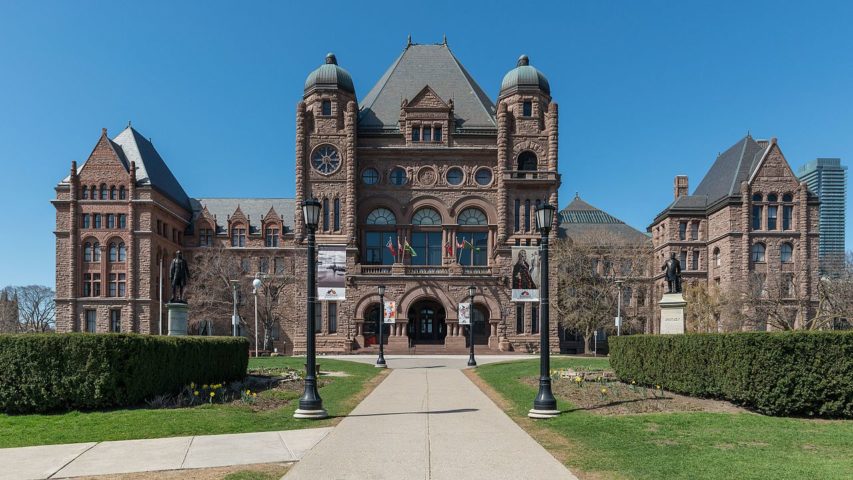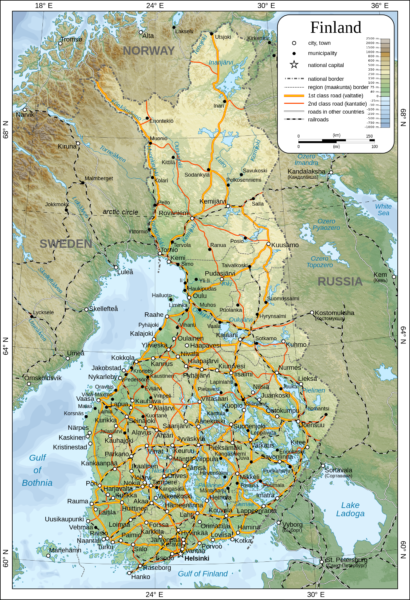Josef Filipowicz and Steve Lafleur explain why Ontario’s recent crack-down on foreign home-buyers in the Greater Toronto Area still leaves one of the biggest barriers to affordable housing untouched:
According to a recent announcement from Queen’s Park, 4.7 per cent of properties purchased in Ontario’s Greater Golden Horseshoe (between April 24 and May 26) were acquired by foreign individuals or corporations. This in the wake of the raft of measures announced in April including a 15 per cent “Non-Resident Speculation Tax” ostensibly aimed at improving housing affordability.
It’s difficult to say how this portion of the housing market — foreign buyers — ultimately impacts the cost of buying or renting in Canada’s biggest urban region, and it’s far too soon to estimate the effects of the myriad of policy changes the Ontario government is introducing. But what we do know is that the laws of supply and demand apply to housing, and it’s hard to believe that a small percentage of buyers are responsible for the massive appreciation of housing prices in the GTA over the past decade. Rather than focus on a small tranche of buyers, we should focus on ensuring that regulations don’t prevent the supply of new housing from meeting demand.
[…]
So what’s preventing cities in the Greater Golden Horseshoe from issuing more building permits?
In short, red tape at city hall. Between 2014 and 2016, Fraser Institute researchers surveyed hundreds of homebuilders across Canada to better understand how government regulation affects their ability to obtain permits. In the Greater Golden Horseshoe, it typically takes one-and-a-half years to obtain a permit in this region, and per-unit costs to comply with regulation amount to almost $50,000. Approval timelines can also be affected by the need to rezone property. Approximately two-thirds of new homes in the region require this procedure, which adds 4.3 months (on average) before builders can obtain permits.
Another deterrent to more supply is local opposition to new homes. Survey results show that council and community groups in Toronto, King Township and Oakville are more likely to resist the addition of new units in their neighbourhoods, effectively preventing newcomers from moving in.
Update, 3 August: Mission accomplished. Toronto home sales plummeted 40 percent in July.





